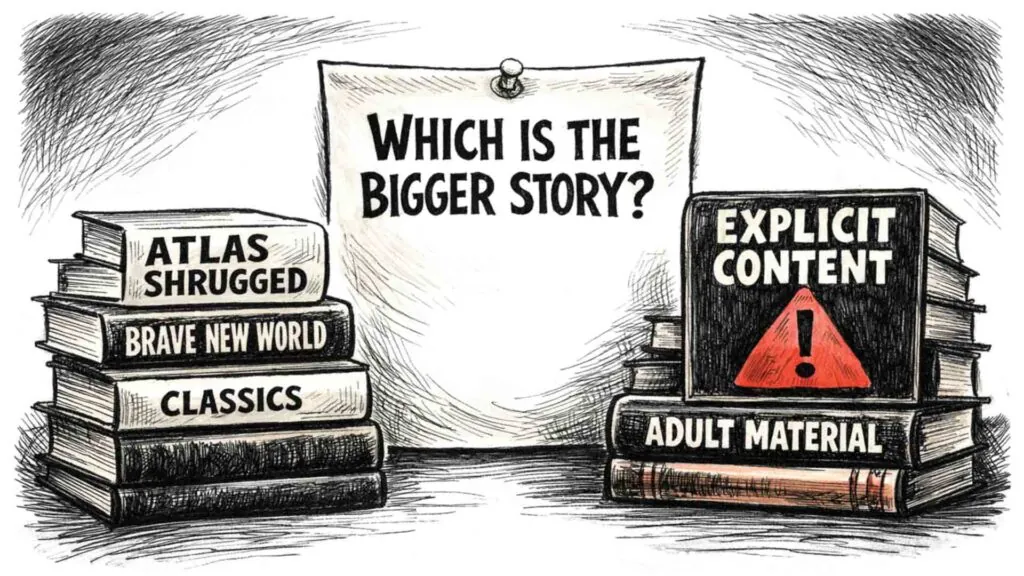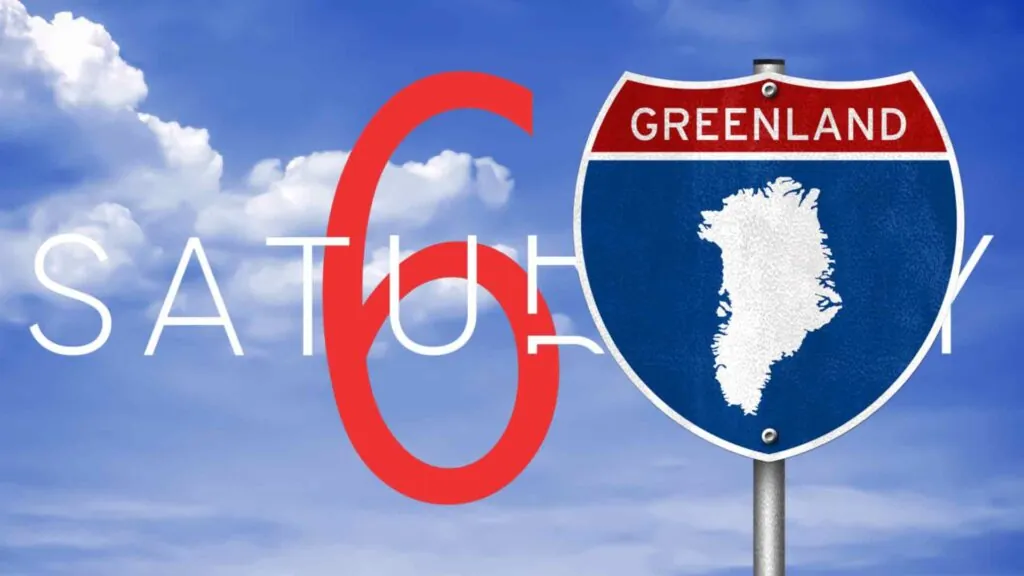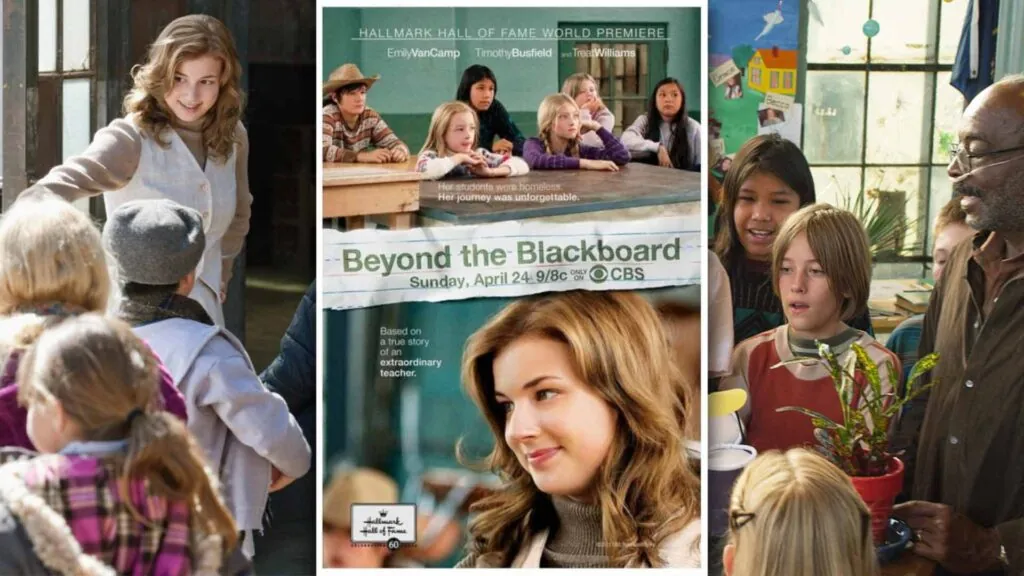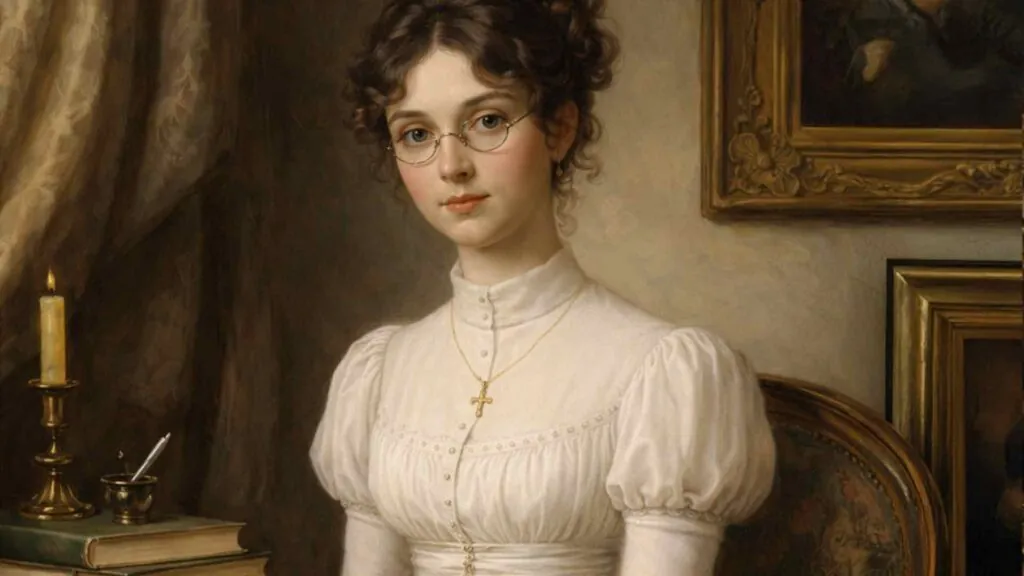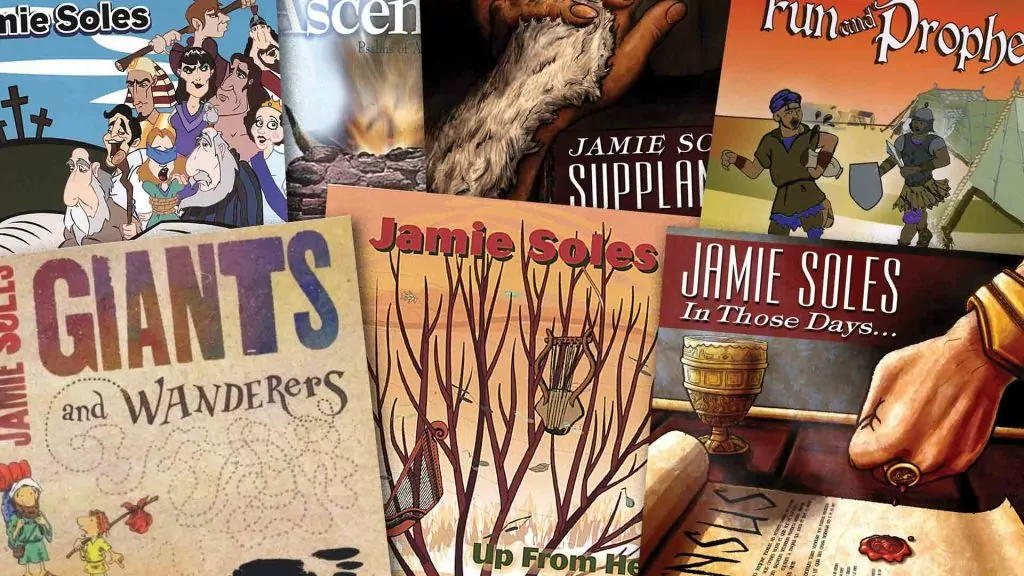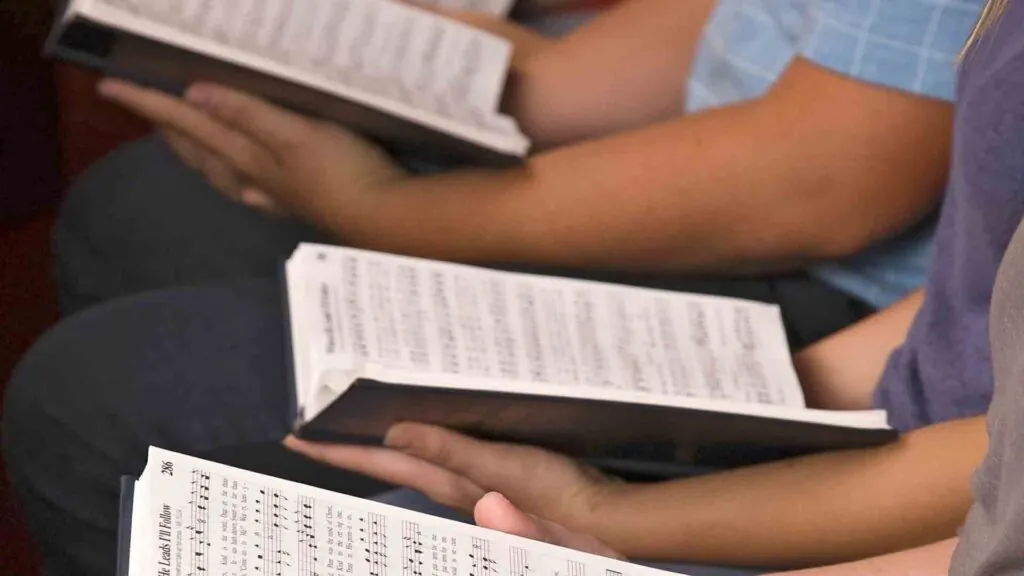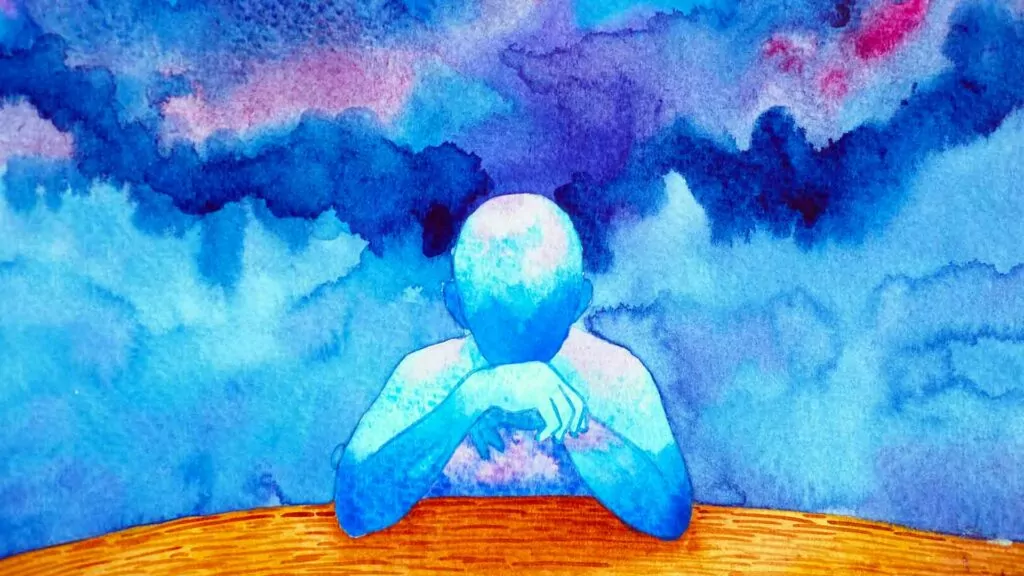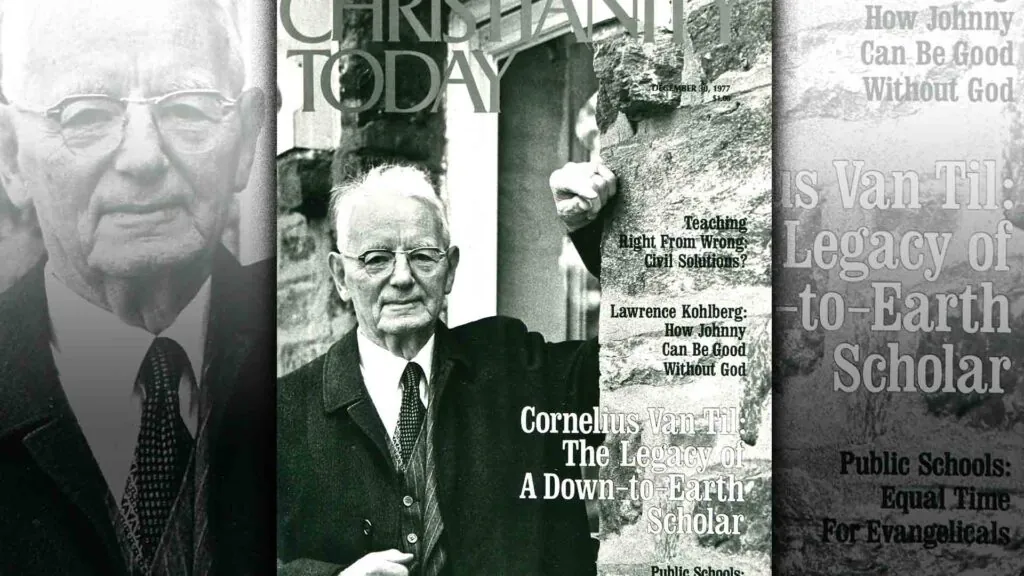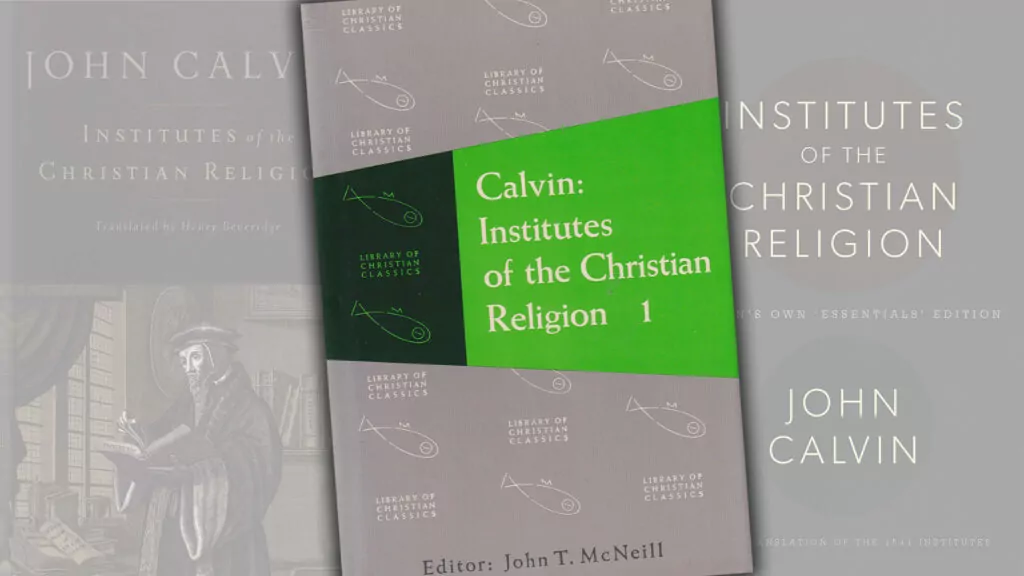
Interview with an artist
Anne deJong is taking a palette knife to the Rockies
 Rest (12 x 12”)
Rest (12 x 12”)
A view from along the Icefields Parkway - alongside her favorite palette knives.
Breathe in the crisp mountain air. Allow the hustle and bustle of everyday life to drift away on the breeze. Drink in the beauty of the jagged mountain peaks and the blue, blue lakes. These are the feelings that Anne deJong’s paintings summon up. Her love for spending time in the mountains, and her awe at the majesty of God’s creation she finds there, inspire her.
"I take every opportunity I can to hike and camp in the Rockies, and I always come home with hundreds of photos as inspiration for my work. Those stop-in-your-tracks moments where I am filled with awe for the creation around me is what I try to capture on canvas."
She wants the viewer to feel like they are there. And she's succeeded – over the years, many who've found similar feelings of tranquility and awe in these majestic Canadian landscapes have connected with her work.
How did she become a painter of the mountains? Beginning as a graphic designer, she started to take painting more seriously in 2019. "My Grandpa did a lot of painting after he retired, and he was the one who encouraged me to try painting." Her unique style developed as Anne dove into the use of palette knives, something she discovered while leading an Art Club at Parkland Immanuel Christian School. She loves the thick textures the knives create with oil paint, and uses different strokes to capture motion in long grasses or the rugged cliffs and rocks. At first she painted many different landscapes, but she found herself drawn more and more to the scenes of the Rockies.
 Original Minis (5 x 5”)
Original Minis (5 x 5”)
Anne likes wrapping her paintings around the edges of the canvas as it gives the paintings a 3d-feel when viewed from an angle.
For Anne, the mountains bring to mind the presence of the Lord, as in Psalm 125:2: "As the mountains surround Jerusalem, so the Lord surrounds his people, from this time forth and forevermore." She explains, “I don’t think specifically of what I believe when I work, but to me the mountains are such a witness to the majesty of our God.” She feels blessed to experience God's creation through the mountains, and to be able to recreate it on canvas.
For many artists, getting their work out into the world is a challenge, and it didn't come easily to Anne either. She had to research the selling process and find the best ways to reach people interested in her work. But she has found that people who share similar experiences with the mountains connect with what she paints, so she starts by talking about her experiences in the mountains. Through her website, social media, and in-person events such as art walks and community markets, she has found ways to bring her work to others who find joy in the scenes she creates.
And her work has gained recognition and appreciation over the years, and is included in private collections in Canada, the US, the UK, Australia and the Netherlands, and corporate collections within Alberta. Most recently her paintings have been chosen to be displayed at the Avens Gallery in Canmore, a well-known gallery that focuses on western Canadian artists. God gives great opportunities for His people to display the joy they find in His creation!
Learn more about Anne deJong's work on her website and her Instagram page. She also has a newsletter you can subscribe to on her website, which is the best way to learn about her events and latest work.
 Steadfast (24 x 36”)
Steadfast (24 x 36”)
This is a pre-wildfire view of Jasper National Park’s Pyramid Mountain, from the parkway. It looks quite different now but the mountain is the same – standing strong above the devastation left behind by the wildfire.
Send Harm-Mae Smit suggestions for artists to profile at [email protected].
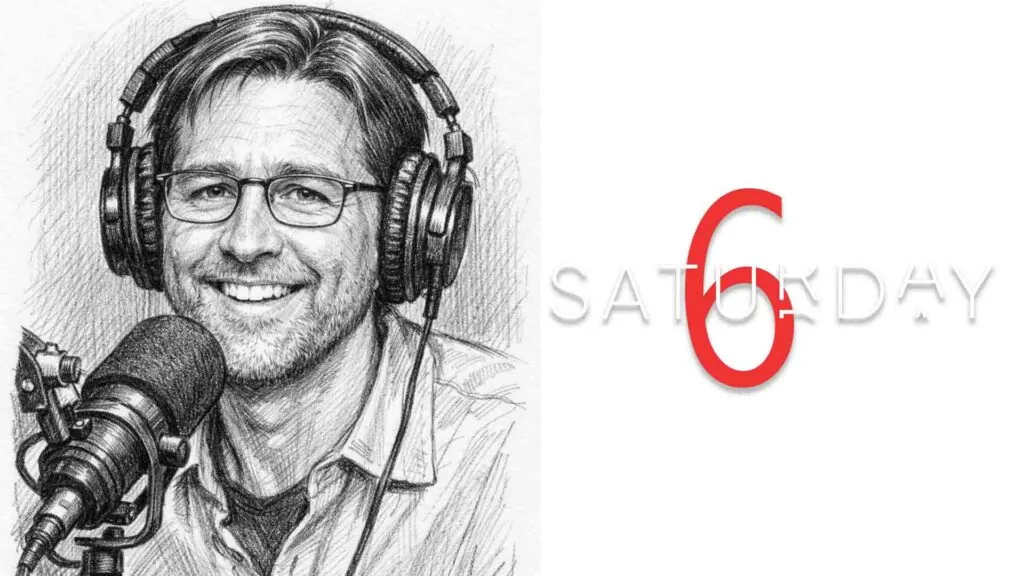
News
Saturday Selections – Feb. 28, 2026
Canada about to murder its 100,000th citizen via MAiD
When you become callous about life, and see ending it as compassionate, then how can you object when death becomes popular? And why wouldn't you want "same day delivery"? And why wouldn't you offer "compassion" to newborns too?
You can only object if you have some basis for morality and human worth. And God is the only basis for that. So, Church, we need to object to evil, but never stop at that – we must witness to the God Who gives us clarity!
How separate should Church and State be?
ARPA Canada offers up three Reformed thinkers on the question. A couple of things they all agreed on is that the government is under God's reign even when it doesn't recognize Him, and the Church is to glorify Him in the public realm even when God is not welcomed there.
Trump gets the US to step back some on global governance
The US government recently cut their involvement with 66 international organizations. I can't attest to how bad or good all 66 were, but the United Nations Population Fund and the UN Framework Convention on Climate Change were among the biggest recipients of US funds. The first pushed a "population bomb" narrative that treated children as a curse on the planet, and not the blessing that God says they are (Ps. 127:3, Prov. 17:6), and the second did much the same, though more as a carbon-footprint curse.
In a related note, RP's March selection for our Bucket List Book Club – which you can join here! – is Necessary Endings, about how sometimes the best way forward is by halting what just isn't working.
Don't bet on it
Sports gambling isn't harmless fun for anyone involved.
Many lose big - one study found "nearly 15% of bettors have used personal loans to fund wagers, while 12% have turned to high-interest payday loans."
And if you win? That might be worse yet. Your money comes directly from someone else's misery. You only win by someone else losing – it is a zero sum game. That's why God wants us to have no part of gambling. We are to be productive – to be fruitful and multiply (Gen. 1:28) – creating wealth, and not simply "redistributing" the wealth of poor idiots into our own pockets.
(Albert Mohler recently weighed in on sports gambling and the newest gambling venture, prediction markets.)
The bright sadness of Ben Sasse
After a pancreatic cancer diagnosis, a US senator has used his trial and his fame as a way of spreading the Gospel, including podcast conversations with Michael Horton and Uncommon Knowledge's Peter Robinson.
First victim of autonomous AI harassment?
Scott Shambaugh didn't want AI writing for his outfit... and one autonomous AI agent didn't like it and, without any human instructions to do so, wrote and posted an article to the 'Net attacking Shambaugh.
Today's Devotional
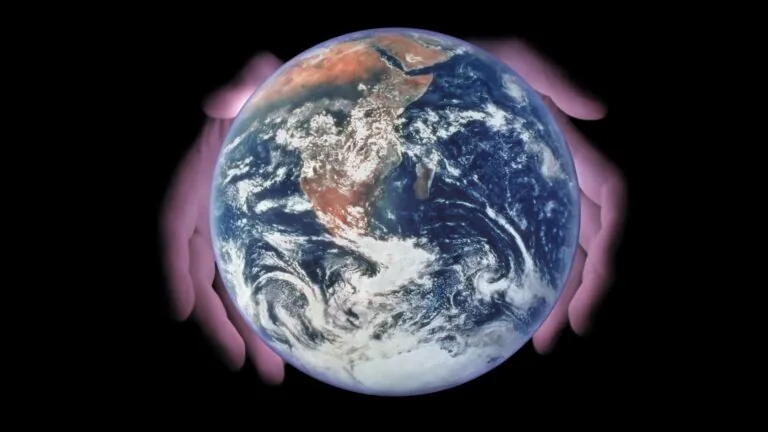
March 2 - God created for his glory
“And the city has no need of sun or moon to shine on it, for the glory of God gives it light, and its lamp is the Lamb.” - Revelation 21:23
Scripture reading: Revelation 21:9-22
Why did God create the world? God created for His glory so that human beings and creation would praise Him. However, the glory of God also means His life-giving, light-giving, and >
Today's Manna Podcast

Salvation is a Gift of God Himself
Serving #1134 of Manna, prepared by Carl VanDam, is called "Salvation is a Gift of God Himself".


















